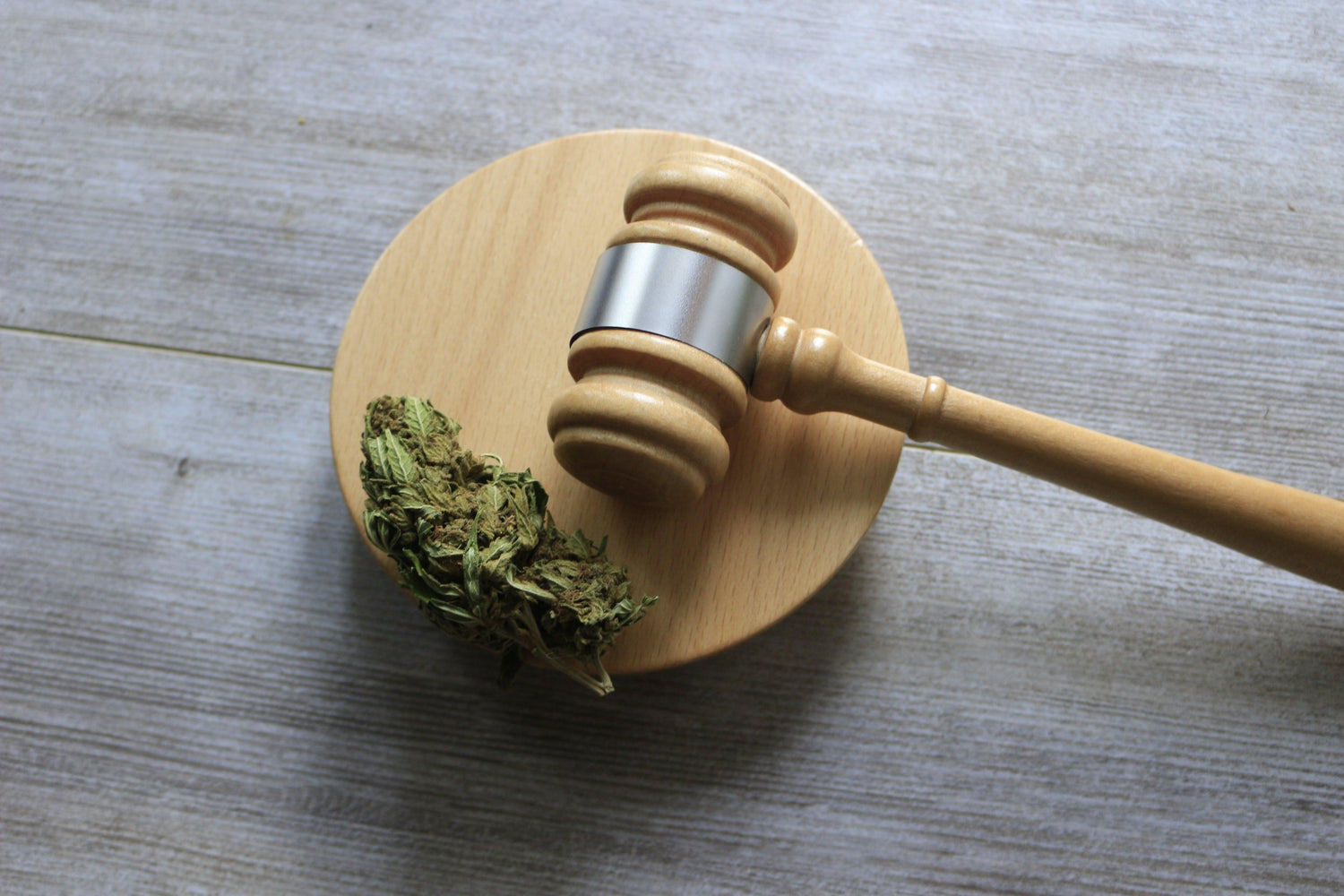Cannabis: one plant, a hundred laws, a thousand prejudices.
Cannabis has never known a single regulation on cultivation and its use; there are dozens and dozens of different regulations all over the world , cause and consequence of the ups and downs to which cannabis seems condemned.
Which countries "treat" cannabis and derivatives better?
A lot has changed since 2016 . There have been many countries that have begun more or less complete legalization processes. The United States and Canada have exposed themselves with full legalizations of cannabis, both for therapeutic purposes and for recreational use. Europe has moved with more caution, but even on our continent the situation has changed a lot in the last three years. Let's see together what happened between 2016 and 2019 and how the legislation regulating the cultivation, sale and consumption of cannabis has changed.
When we talk about cannabis in Europe, the first country that comes to mind is Holland . Although the Netherlands is considered the homeland of weed, the Netherlands has no real legislation allowing the production and sale of cannabis. On the contrary, in the land of tulips cannabis is sold freely thanks to a regulatory vacuum . In fact, Dutch law does not expressly prohibit the production, sale and consumption of cannabis , with the result that the sale of marijuana is implicitly legal. The only restrictions concern the methods and places of consumption : cannabis can only be sold and consumed in coffee shops, while smoking it in public places is prohibited.
However, there are European countries that have arrived at legalization after an intense political debate . If you are in the Czech Republic and are caught by the police with 15 grams of marijuana (or 5 grams of hashish) nothing will happen to you. The state has decriminalized consumption and legalized marijuana for therapeutic purposes.
The Spanish situation is similar to the Dutch one with regards to restrictions related to consumption. In Spain it is legal to possess cannabis up to 40 grams , as long as it is consumed in private or in so-called social clubs, the Spanish equivalent of coffee shops. In France the personal use of marijuana is prohibited by law , while light cannabis has been legalised . In the United Kingdom and Germany it is legal to buy and consume cannabis for therapeutic use , while recreational use is illegal, even for small quantities.
The two big news of 2019 are the upcoming legalizations of Luxembourg and San Marino. Luxembourg will be the first European state to legalize cannabis for recreational use; the legalization process has just begun, but upon completion Luxembourg will be the first European state to allow the sale and consumption of soft drugs.
Even in San Marino there is something cooking: the Great and General Council has approved an application presented by a group of citizens to «ask to regulate the use of cannabis for recreational purposes» . The singular fact is that the Republic of San Marino is one of the strictest European states towards cannabis. The new regulation is still far from coming into force, and it is not certain that it will be approved.
And in the world?
In the world there are countries that have fully legalized the sale of cannabis. Uruguay was the pioneer of legalization , approved by the Mujica government already in 2013. In Uruguay it is legal to purchase marijuana only if you are a resident of the country, if you have reached the age of majority and if you are registered in the appropriate lists, while tourists cannot access the sale of marijuana. However, no possibility of legal purchase has been provided for foreign citizens.
In June 2018, Canada also said yes to marijuana, with the approval of a law that legalizes the recreational use of cannabis without any restrictions . The rule has been in force since autumn 2018. It was issued with a very specific objective: to fight organized crime, providing consumers with a controlled and quality product. The law allows the purchase and possession of cannabis up to 30 grams and the cultivation of four plants for personal use.
The third and final country where the trade and consumption of cannabis is legal is North Korea . However, the situation in Korea is not as clear as that of Canada and Uruguay: in the Asian country all narcotic substances are prohibited, but cannabis is not included in the list of prohibited substances, it is considered legal and is used and marketed without any restrictions.
Since January 2018, marijuana has been legalized in California, where the production, marketing and consumption of hemp for both therapeutic and recreational use are legal . The legal limits set the minimum age for purchase at 21 years, while the maximum quantity for possession is 28.3 grams and up to 6 plants can be grown at home for personal use. The law did not legalize cannabis statewide, but each municipality in California will have to legislate to comply with state guidelines. Where it is legal it can also be purchased by tourists, while for therapeutic purposes it is necessary to have a medical prescription.
In the USA, cannabis is also legal in Alaska, Oregon, Colorado, Washington and Nevada . Here, American and foreign citizens over the age of 21 can legally purchase and possess up to 30 grams of cannabis for personal use. However, it is not possible to smoke in public places, while consumption must be specifically permitted in private premises. Furthermore, marijuana cannot be transported outside the country but must be consumed within state borders.







